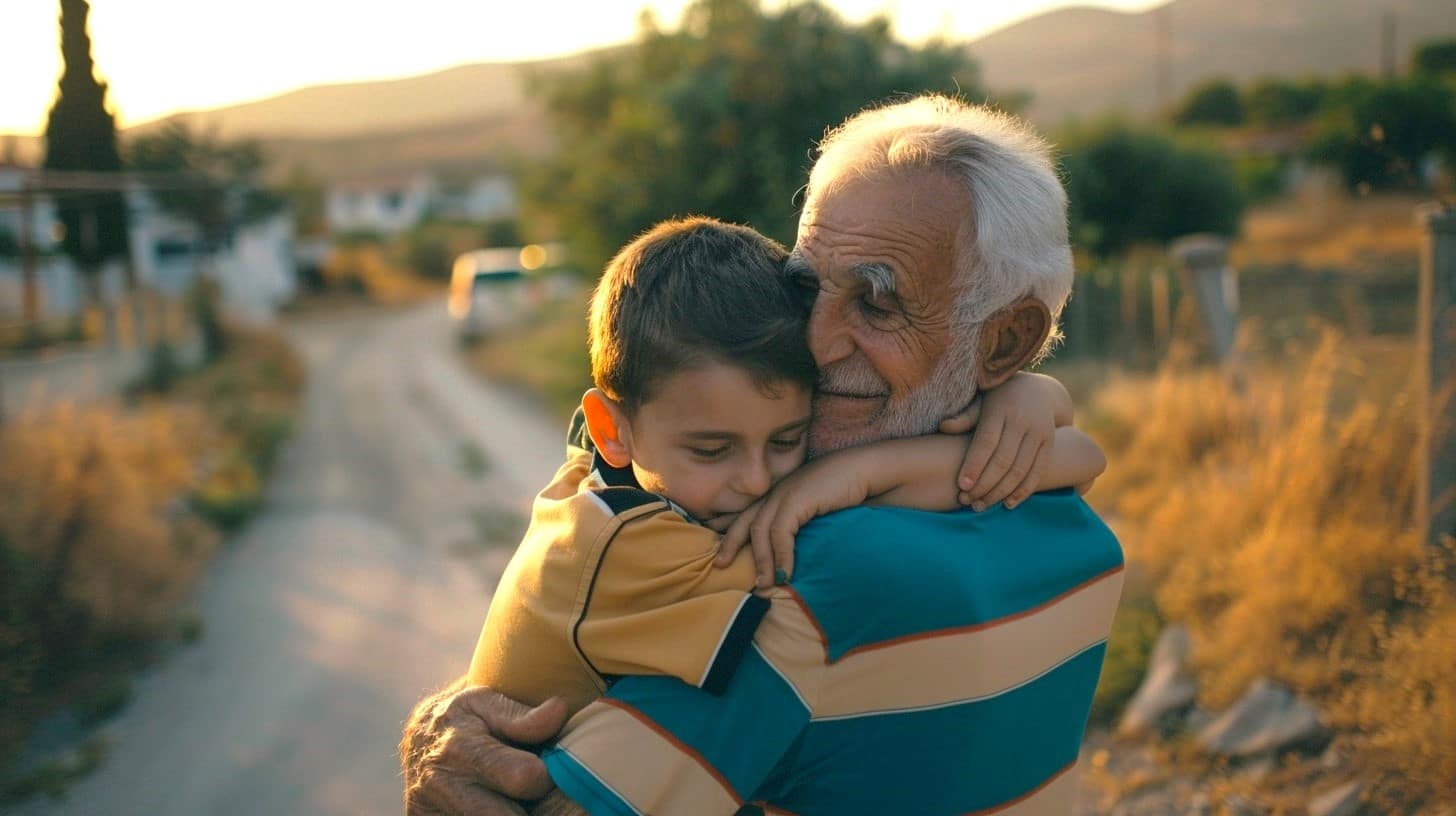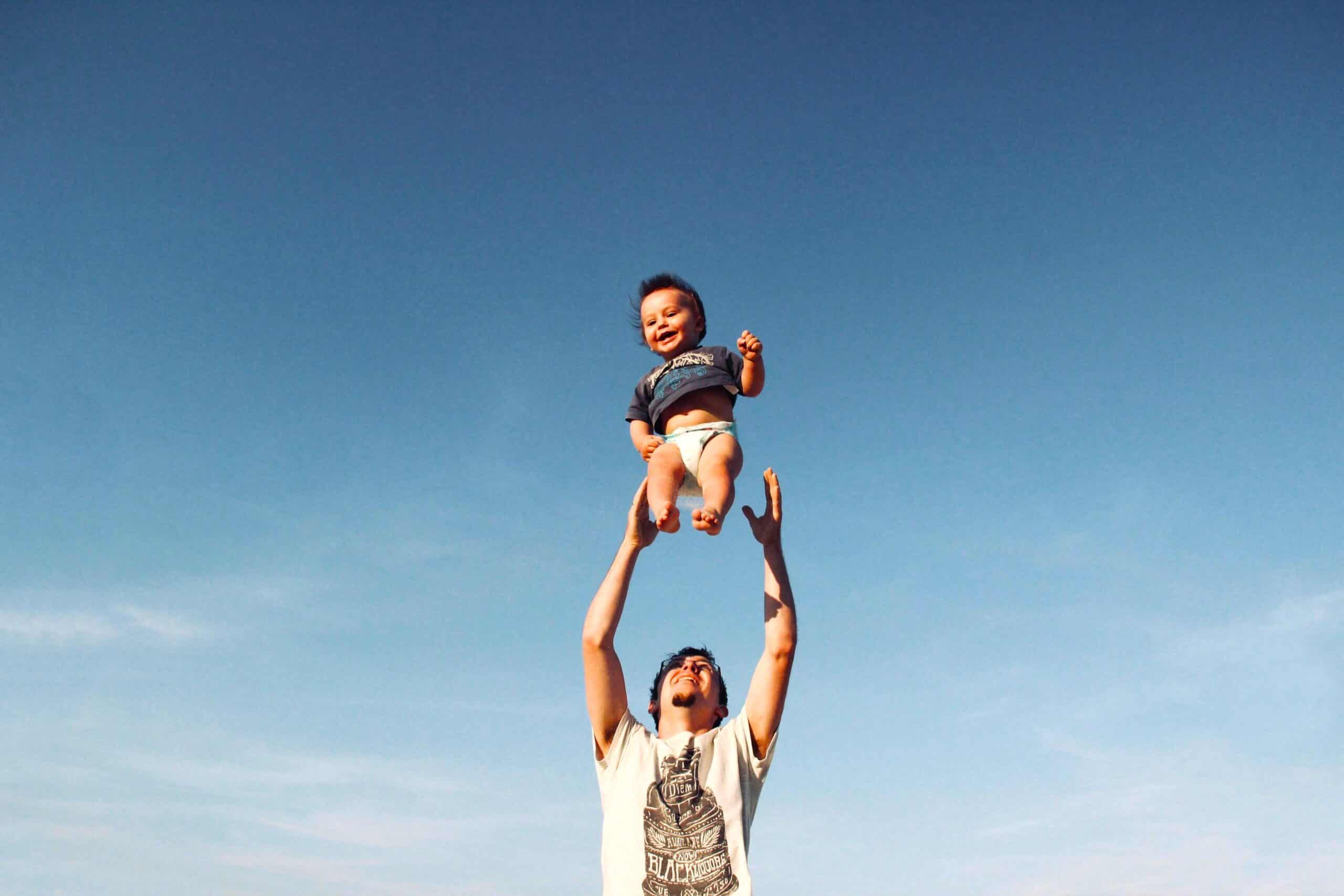This is an island that, through crisis after crisis, has earnt the right to be suspicious. ALIX NORMAN asks who we turn to when the chips are down
For Americans, May 18 is ‘Visit your Relatives Day’.
But in Cyprus, that’s a year-round celebration: a day on which you DIDN’T see any relatives might be considered odd.
Of course, it may be a little different if you’re one of the well over 500,000 Cypriots overseas; especially if you’re the first in your line to move to say, Alaska or Korea. But if you’re based in Britain, Australia, or South Africa (or any of the other Cypriot hotspots), then your extended family is probably right there with you. Just like it is on the island.
In 2010, an EU study stated that just three in 10,000 Cypriots ‘had no relatives’. And that more than 50 per cent of us get together with our kin on a daily basis: the highest percentage in Europe. The same research also suggests that, in Cyprus, family often substitutes for friends.
We are close (very close!) to our relatives. And that’s important. Because, in terms of who we’ll trust, blood seems to be a lot thicker than water.
The latest round of the European Social Survey reveals a surprising mindset: just 1.6 per cent of Cypriots believe other people can be trusted – by far the lowest on the continent.
We also score the lowest on ‘Most People Try to be Fair’. And the highest on ‘Most People try to Take Advantage of Me’ – a fact believed by nearly 60 per cent of the population!
Clearly, we’re a suspicious nation. But then don’t we have the right to be?
Cyprus has been occupied, colonised, or invaded endlessly. It’s lived through recession, economic instability and a haircut that simply wiped out savings overnight.
According to the survey, we have politicians we don’t believe in (85 per cent of us don’t trust the powers that be), and a legal system rife with issues. And a community that, only within the last 50 years, has come down from the close-knit villages where everyone not only knew your name, but the names of your father, mother, and multiple cousins.
In short, this is not an island that’s going to easily trust anyone outside the family circle.
In Denmark, Finland, Norway and Sweden, the population firmly believes they can trust other people, be they related or not. But Cyprus shares its suspicious nature with Greece. And, to a lesser extent, France and Germany.
The point being that, on this island, kin is king. It’s family you can trust. And almost every day is ‘Visit Your Relatives Day’, right?
“Yes – and it’s exhausting!” says Marina Panayiotou.
A 47-year-old private English teacher, the Nicosia resident feels she’s “forever opening the door to one of the aunts or cousins; always preparing food or coffee. It literally never ends!
“We all sort of came from the Kalo Choriou area about a generation ago and settled in Lakatamia and Engomi. And so, in the immediate area, there’s eight aunts and uncles, about 30 cousins, three grandparents and various godparents – they count as family too.
“We get together at Easter and Christmas and public holidays; for birthdays, engagements, weddings, christenings, memorials…” she laughs. “Because my husband and I have a garden, we’re often hosting. And since his mechanic shop is down the road, there’s always someone dropping in for coffee while their car’s being fixed.”
Tiring this may be. But Marina can’t imagine life without her whirl of relations – and the implied genealogical trust.
“We’re there for each other through everything,” she explains. “Yes, we argue. But who else can you trust more than your family? What, you’re going to hire a lawyer or an accountant who will steal your money? See a doctor who doesn’t care how sick you are? Go to a policeman who won’t help?”
Marina raises a good point. According to a recent study, 45 per cent of Cypriots have no confidence in the police, and 50 per cent don’t trust the legal system. Forty per cent believe the state of health services on the island are nowhere near up to par, and 60 per cent think education is bad to extremely bad.
“So we go to Uncle Kypros for legal advice; to Aunt Maria for finances. My cousin Yiannis is our doctor. My other cousin Yiannis is a policeman. And the kids all come to me to learn English. We keep it in the family,” she adds. “And we keep ourselves safe.”
It’s a mindset many share. But it’s not just about trust. In this part of the world, that extended family constitute all-important assistance in times of crisis: a crucial support network for when life goes suddenly, shockingly wrong.
“In 1974, my family fled Famagusta,” says 55-year-old social worker Despina Nikolaou. “I was too young to remember, but I know we lived with my aunt in Limassol while my parents decided what to do next.”
With two of her uncles in London, Despina’s parents opted to make the move to the UK.
“One of my uncles had a factory. He gave my mum and dad a job. The other one had a restaurant, so we were never hungry.
“That’s the power of the Cypriot family, isn’t it? Of course it’s annoying that your relatives never give you a moment’s peace; some days you just want to lock the front door and never hear about your aunt’s divorce or your cousin’s thyroid ever again.
“But these are the people who, when you’re forced to flee half-way across the world, will take you in, put you up, feed you, and get you on your feet.
“I think that’s why every day is Relatives Day for Cypriots. Come hell or high water, these are the people who will always have your back.”







Click here to change your cookie preferences